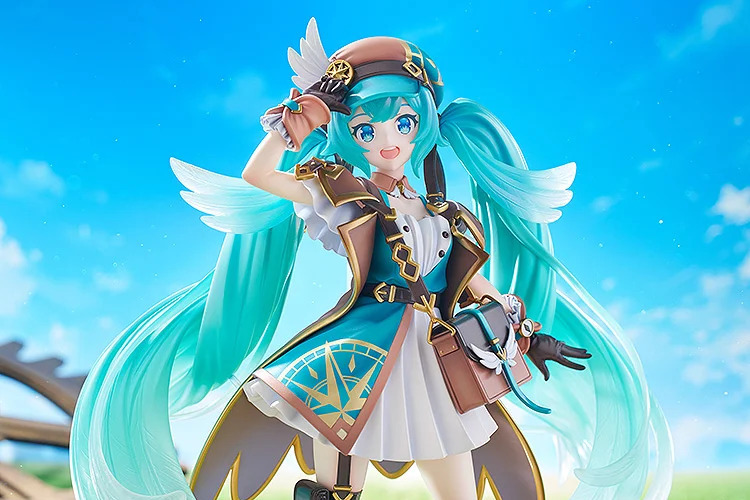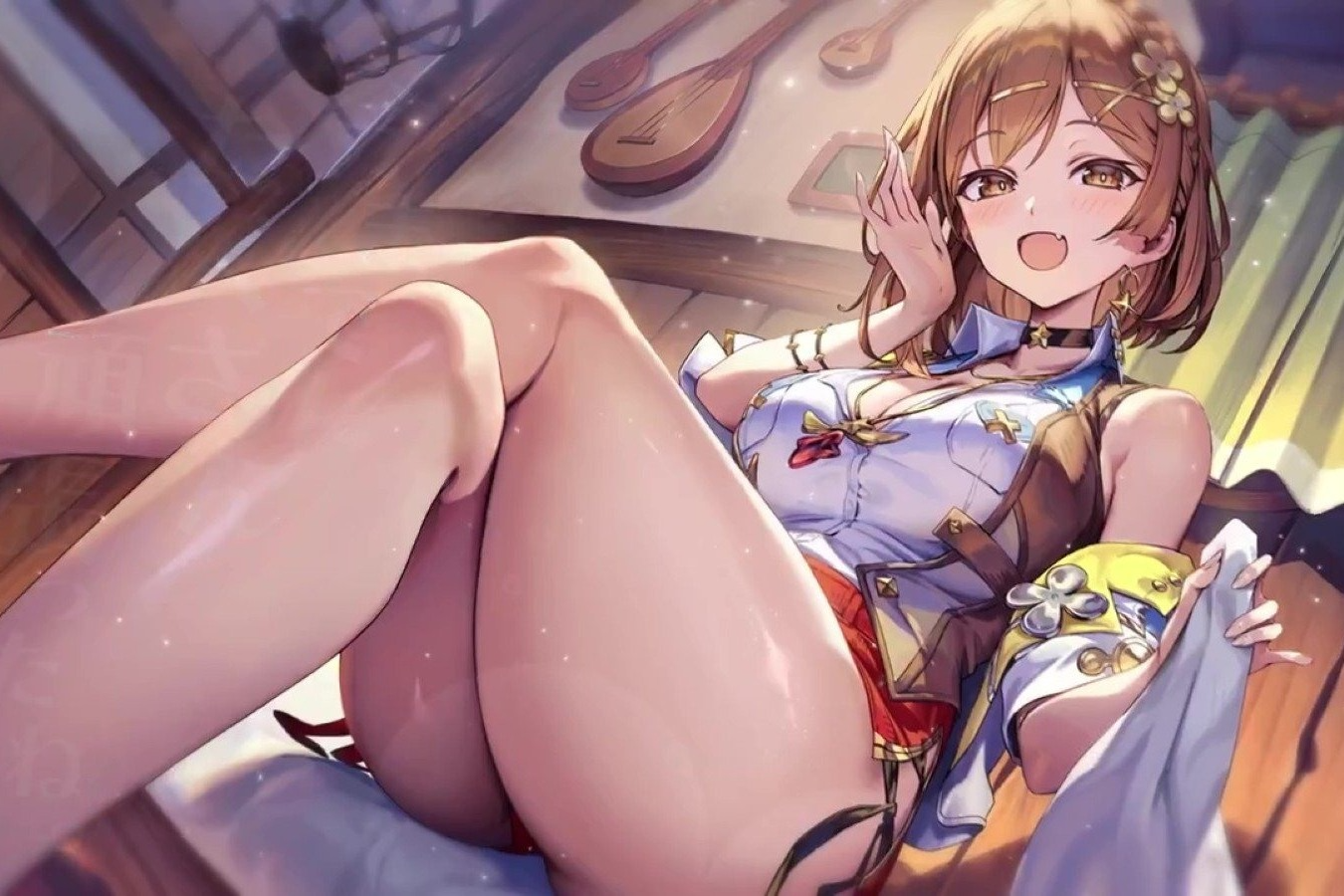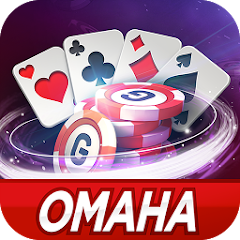Published:2025-05-28 12:00:08Source:JuxiaAuthor:Juxia
Once you’ve grasped the basics of Omaha Poker, the next logical step is strategy. Intermediate players often hit a plateau—not because they lack knowledge, but because they don’t apply that knowledge with discipline and clarity. This guide is designed to help you cross that bridge, avoid common pitfalls, and adopt profitable habits that transform casual play into consistent performance.
Let’s dig into the mindset, methods, and mechanics you need to elevate your Omaha game.
Psychologically, intermediate players fall into a danger zone. You know the rules, you're comfortable post-flop, and you understand hand rankings. But this familiarity often breeds overconfidence. You start:
Playing too many hands
Misjudging equity
Forcing plays based on “feel” rather than logic
In marketing psychology, this is called the valley of competence—where players overestimate their skill just enough to sabotage their own performance.
This article helps you climb out of that valley.
Many intermediate players loosen up too much at this stage. That’s a mistake.
Key Concepts:
Hand selection is even more critical in Omahadue to high variance.
Strong hands are those with coordination, nut potential, and positional leverage.
Pre-Flop Checklist:
Ask yourself:
Are my cards connected (for straight potential)?
Are they double-suited (for flush opportunities)?
Do they contain high-value cards (for top-set equity)?
Example of a solid hand:
A♠ K♠ Q♦ J♦
Example of a trap hand:
A♠ A♦ 9♣ 3♠— looks strong but is disconnected, with limited flexibility post-flop.
In Omaha, equity shifts dramatically after each community card. You must think in terms of ranges, not just your own hand.
Equity Considerations:
Your top set is rarely safe without redraws.
Your flush draw is weak if it’s not to the nuts.
A wrap (multiple straight draws) often has more equity than a made hand on the flop.
Use equity calculators (like ProPokerTools or Equilab) to learn how hands perform against ranges. You’ll be shocked at how often you're behind with what seems like a "great" hand.
Yes, Omaha is a game of the nuts. But not all nuts are equal.
Imagine this scenario:
Board:J♦ T♠ 9♣
You hold:K♠ Q♠ 7♦ 3♦
You flopped the nuts—a straight. Great, right? Maybe not. Any paired board, flush turn, or straightening card can destroy you.
Strategy:
Fast-play vulnerable nuts (e.g., bare straights).
Slow down when future cards can easily crush your hand.
Avoid pot-building unless you have redraws.
Most intermediate players bet too predictably. Either they always bet pot (telegraphing strength), or they bet too small (inviting draws).
Smart Sizing Strategy:
Value Betting: Size to get called by second-best hands.
Protection Betting: Make it expensive for opponents to draw.
Bluffing: Choose spots where your opponent’s range is capped, and your story makes sense.
The psychology of poker hinges on credibility. Your bet sizing should match the narrative of your hand.
If you're still calling raises from early position with speculative hands, you're giving away money.
In Position:
You control pot size.
You get more information.
You can apply pressure when others check.
Out of Position:
You’re reacting, not acting.
Your value bets get called more.
Your bluffs work less often.
Solution: Fold marginal hands in early positions. Expand your range on the button.
To truly win more, you must play the player, not just the cards.
Start creating profiles:
Loose-Passive: Calls everything, rarely raises. Value bet heavily.
Loose-Aggressive (LAG): Bets big, bluffs often. Trap with strong hands.
Tight-Aggressive (TAG): Disciplined and dangerous. Avoid bloating pots unless you have the nuts.
Psychologically, this primes your brain for pattern recognition. Over time, you'll make faster, more intuitive decisions.
Just because you can pot it, doesn’t mean you should. Especially without the nuts.
When to Control the Pot:
You have strong but non-nut hands.
You’re out of position.
The board is volatile (flush and straight possibilities).
Pot control buys you information, keeps your range wider, and helps you avoid getting stacked with second-best hands.
Even as your skills improve, the swings in Omaha can be brutal. The best strategy in the world can’t save you from a cold deck or a hot opponent on a heater.
Recommended Bankroll for PLO:
Casual play: 30–50 buy-ins
Regular play: 75–100 buy-ins
Professional-level multi-tabling: 100–150+
This isn’t just about math. It’s about emotional resilience. Having a deep bankroll helps you play with confidence—free from fear or desperation.
Intermediate players struggle to bluff well because they bluff without a story. Bluff when:
The board favors your pre-flop range.
Your opponent shows weakness on multiple streets.
You block key hands (e.g., holding ace blockers on a flush board).
A successful bluff combines logic, timing, and confidence. If you feel hesitation, don’t bluff.
Intermediate Omaha Poker is where most players either level up or wash out. If you want to be in the top 10%, you need more than just knowledge—you need application, adaptability, and mental discipline.
Action Steps:
Review your last 100 hands and identify recurring mistakes.
Study hands where you lost big pots—was your thinking process sound?
Focus on making better decisions, not just winning pots.
Winning more isn’t about playing more hands. It’s about playing the right hands in the right situations with the right mindset.

Top Free Casual Necessary Games for Android
Looking for some quick gaming fun? Our new super-casual game is perfect for entertaining bursts in your busy day. With simple, intuitive gameplay crossed with challenges that engage your brain, you'll keep coming back again and again. No complex controls or tutorials - just open and play anywhere, anytime. Vibrant art style and upbeat music create a lighthearted experience.

Omaha Poker Rules Explained: Learn the Official Rules Fast and Easy

Omaha Poker Advanced Guide: 8 Steps to Become an Experienced Player

How to Play Omaha Poker: A Step-by-Step Beginner’s Guide

Juxia Figure Review - Hatsune Miku 100th Adventure Ver Preorder Now!

Juxia Game Review – WoW Midnight Deep Dive: Release Date, Player Housing, and Prey System!

Juxia Anime Review - 'The Demon King’s Daughter Is Too Kind!!' Anime Upcoming Adaptation!

Juxia Anime Review - OSHI NO KO Season 3 Release Date, Trailer, and Story Predictions!

Juxia Game Review - Koei Tecmo’s Atelier Ryza ASMR Hits DLsite!

Juxia Game Review - Elon Musk Just Challenged LoL Pros With Grok 5, and the Internet Is Losing It!

Juxia Game Review - The Ultimate Final Fantasy VII Remake Intergrade Switch 2 & Xbox Breakdown

If Texas Hold’em is the chess of poker, then Omaha Poker is its three-dimensional cousin—more intense, more strategic, and infinitely more exhilarating. With four hole cards instead of two and endless hand possibilities, Omaha Poker demands not just luck, but sharp calculation, deep knowledge, and a flair for drama. Whether you're a casual card lover or a serious strategist, this game app takes Omaha Poker to a new level—pairing authentic gameplay with modern features to give you the ultimate online poker experience!
Juxia Game Review - Koei Tecmo’s Atelier Ryza ASMR Hits DLsite!
Juxia Anime Review - You Can't Be in a Rom-Com with Your Childhood Friends! Anime Adaptation
Juxia Anime Review - Why You Should Revisit Chained Soldier Explosive First Season
Transform Text and Photos into incredibly creative emojis with 'AI Emoji'
Sword of Justice Global Launches Soon - Everything You Must Know!
Sword of Justice Class Guide (7) - All School Classes Explained & Reviewed!
Sword of Justice Class Guide (6) - Sylph: Healing, Revival, and Grace in Battle!
Sword of Justice Class Guide (5) - Ironclad: Why This Rare Tank Class Is Worth Playing!
Sword of Justice Class Guide (4) - Numina: Master the Art of Poison and Tactical Combat!
LIVE A HERO
Retro Hero Mr Kim
Empire of Passion
Arcane Quest Legends
Magic Snap: Momotaro
AllStar Manga Heroes
Lunescape
ONE PIECE Thousand Storm JP
Tap Titans 2